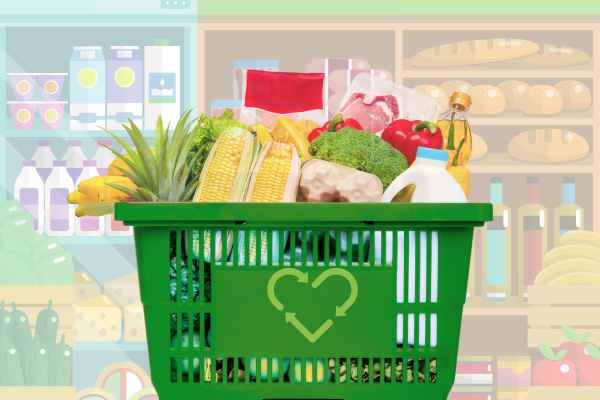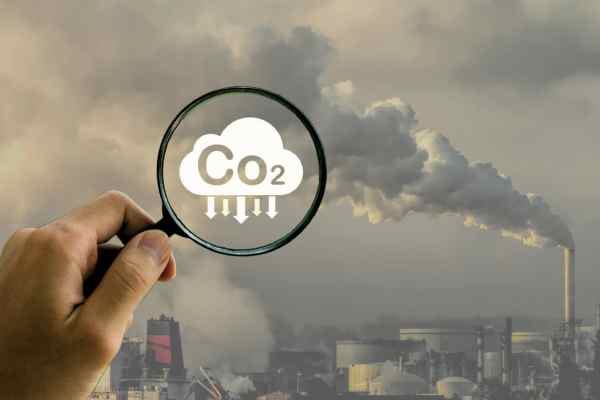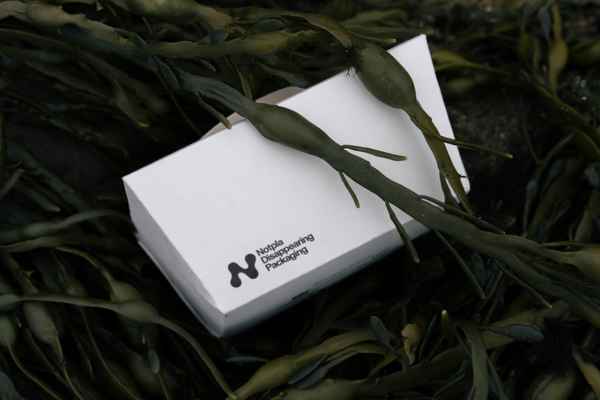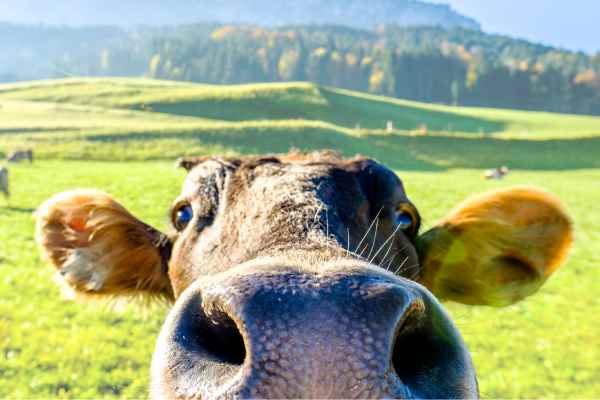Food startups set sights on ‘world without waste’
Instead of heading to landfill, more surplus factory and supermarket food will be handed out to those who need it.

A new generation of solutions created to redeploy mountains of food waste from retailers and producers are grabbing headlines for all the right reasons.
This week retailer Aldi announced its UK stores had reached a significant milestone in partnership with the surplus food platform, Too Good To Go, with the sale of 400,000 ‘Surprise Bags’ to customers.
Aldi estimates it has saved customers nearly UK£8 million since launching the app, with over a million users rating the supermarket as a “favourite provider of surplus food bags in 2023”.
The surplus bags contain at least £10 worth of grocery products approaching their sell-by or use-by dates and cost £3.30 each. To collect the bags, customers search via the Too Good To Go app, and then select a time for pick up.
"Our partnership with Too Good To Go has been vital in helping Aldi hit its target for reducing food waste early."
Too Good To Go is a Certified B Corp Social Impact company which launched in 2016 and operates in the UK, Europe, Canada and US.
“Our partnership with Too Good To Go has been vital in helping Aldi hit its target for reducing food waste early – which has since seen us set a new goal to reduce food waste by 90 per cent before 2030,” Liz Fox, National Sustainability Director at Aldi UK says.
Point of production
Australia’s Yume is tackling the problem from a different angle by changing the way food manufacturers and processors manage, sell or donate their excess inventory to charities. It is achieving this by digitising their previously manual processes to make the process far more efficient.
Yume says its systems have already resulted in the redistribution of almost 8 million kilograms of food to businesses and charities, which it estimates is enough food to fill 42 Boeing 747s. And in January it announced it had secured an additional AU$2 million in seed funding to expand these efforts.
Yume founder and CEO Katy Barfield says the amount of land used to grow wasted food in Australia covers more than 25 million hectares, a landmass larger than the state of Victoria.
"This latest round of funding will support us as we invest in our technology and team to further push for a world without waste".
“Yume was founded to eradicate this problem and our platform has grown rapidly as large food manufacturers have been able to utilise our technology to connect surplus food to Australian businesses and charities, reducing waste and increasing their revenue.”
Its next phase of development is being funded through Investible’s Climate Tech Fund, an early-stage VC fund that invests in founders creating high-growth tech companies with a positive climate impact.
Barfield says the new funds will allow it to double its headcount by the end of 2024 as it prepares for international expansion.
“This latest round of funding will support us as we invest in our technology and team to further push for a world without waste."





